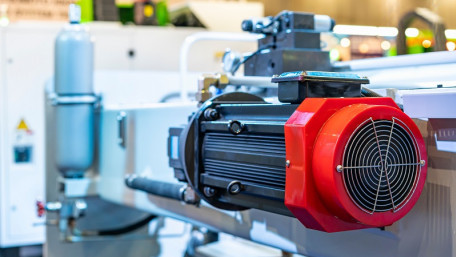
Many online sources explain how to reverse a 3-phase motor; this article will discuss the electrical principles that define why it works and how the phase…
Many online sources explain how to reverse a 3-phase motor; this article will discuss the electrical principles that define why it works and how the phase relationships determine the rotation direction.
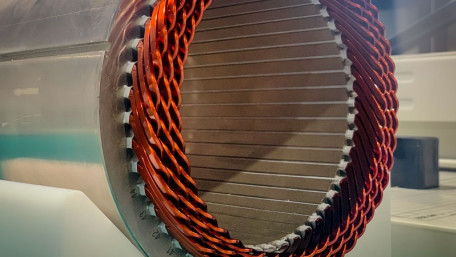
Hairpin motors are becoming popular with electric vehicle manufacturers, but what sets them apart from traditional…
Hairpin motors are becoming popular with electric vehicle manufacturers, but what sets them apart from traditional electric motors? And, if they are so great, why not use them in all applications?
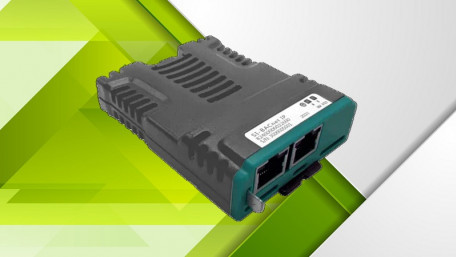
Nidec’s Control Techniques has launched the SI-BACnet IP add-on module for new and existing HVAC drives to help…
Nidec’s Control Techniques has launched the SI-BACnet IP add-on module for new and existing HVAC drives to help communicate between devices and create a connected automated building.
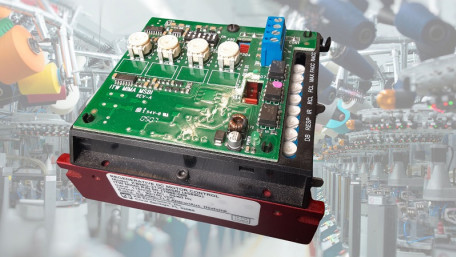
Although DC motor technology has a strong legacy, control strategies vary from simple to complex. Designs must consider…
Although DC motor technology has a strong legacy, control strategies vary from simple to complex. Designs must consider not just the motor, but also the electrical supply and the environment.
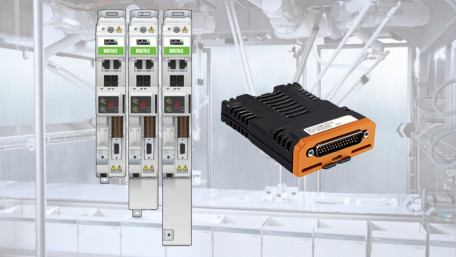
Expanding motor drives with I/O is a cost-effective way of increasing local control without burdening the control system.…
Expanding motor drives with I/O is a cost-effective way of increasing local control without burdening the control system. Control Technique’s new SI-I/O 24 Plus expands I/O right on the drive unit.
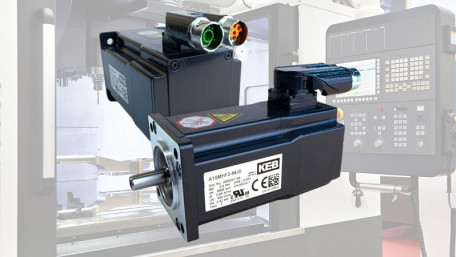
Learn how to control servo motors from a PLC using Allen-Bradley servos and Rockwell Automation’s Studio 5000 using a…
Learn how to control servo motors from a PLC using Allen-Bradley servos and Rockwell Automation’s Studio 5000 using a simple-to-understand method.
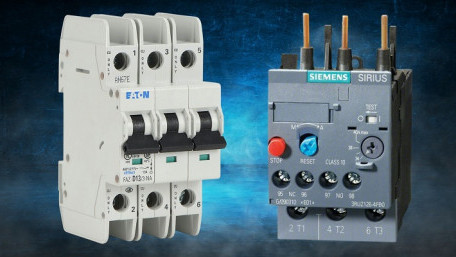
We know what a circuit breaker is meant to do: stop the flow of electricity in case of a fault or failure. But just like…
We know what a circuit breaker is meant to do: stop the flow of electricity in case of a fault or failure. But just like fuses, breakers and overloads respond differently depending on the load.
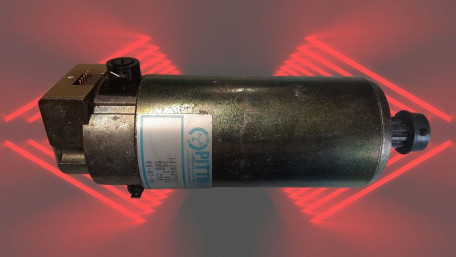
Servo motors are common in all kinds of motion control applications for various industries, but what are these devices,…
Servo motors are common in all kinds of motion control applications for various industries, but what are these devices, and what makes them different from standard AC or DC motors?
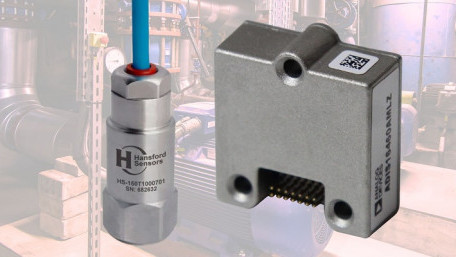
Many sensors, like prox, optical, and ultrasonic, are familiar to control engineers. More and more modern devices are…
Many sensors, like prox, optical, and ultrasonic, are familiar to control engineers. More and more modern devices are incorporating advanced motion profiles requiring motion sensing in many axes.
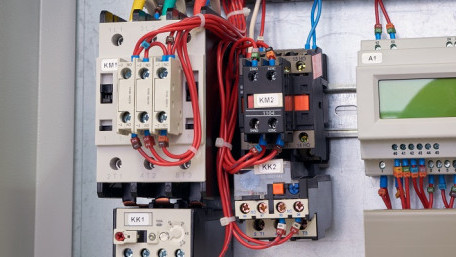
This article investigates the basic components and wiring conventions for common three-phase motor starter…
This article investigates the basic components and wiring conventions for common three-phase motor starter configurations, including direct online, reversing, and star-delta.
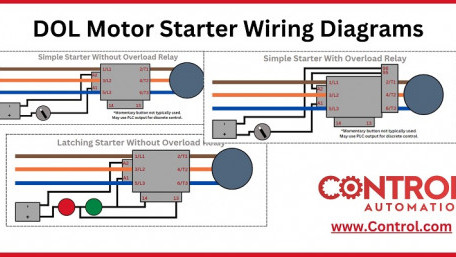
Complete wiring guide for 3-phase motor starters with and without overload (OL) relays.
Complete wiring guide for 3-phase motor starters with and without overload (OL) relays.
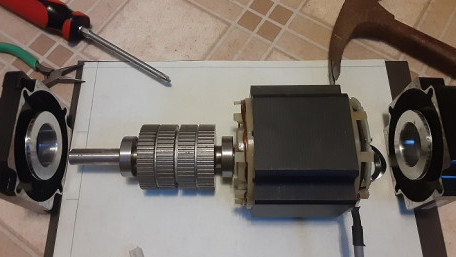
When the angle or distance of motion is more important than speed and power, certain motors shine brighter, like…
When the angle or distance of motion is more important than speed and power, certain motors shine brighter, like steppers, named for the individual steps they take when control voltage is applied.
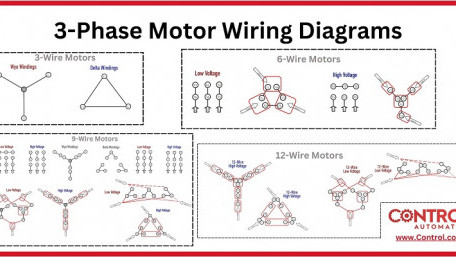
Compete wiring diagram guide for 3-wire, 6-wire, 9-wire, and 12-wire three-phase motors used for industrial automation.
Compete wiring diagram guide for 3-wire, 6-wire, 9-wire, and 12-wire three-phase motors used for industrial automation.
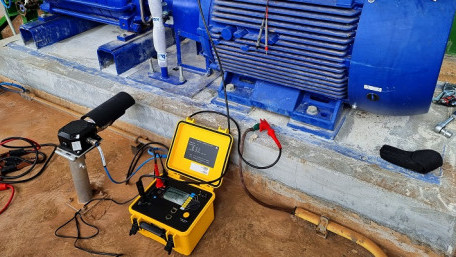
Within motors, two very different types of resistance are evident. The resistance of the windings is measured with a…
Within motors, two very different types of resistance are evident. The resistance of the windings is measured with a normal multimeter. But what is insulation resistance, and how is it measured?
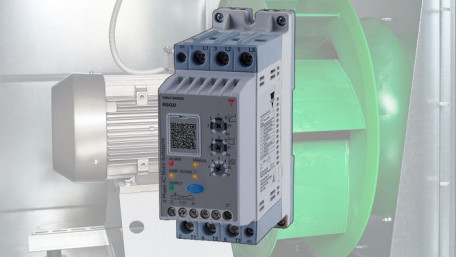
Controlling the startup of a motor not only reduces the wear on the motor, but eases the burden on the electrical supply,…
Controlling the startup of a motor not only reduces the wear on the motor, but eases the burden on the electrical supply, reducing infrastructure demands and the running cost of industrial loads.
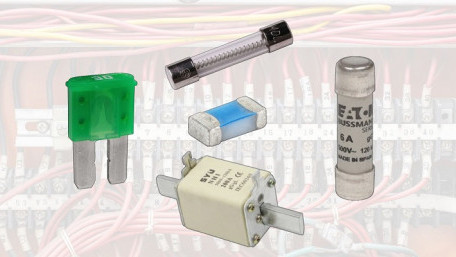
Protecting equipment and personnel from overcurrent dangers, like sparks and fires, is the primary job of the humble…
Protecting equipment and personnel from overcurrent dangers, like sparks and fires, is the primary job of the humble fuse, one of the most basic, yet critical of all safety devices.
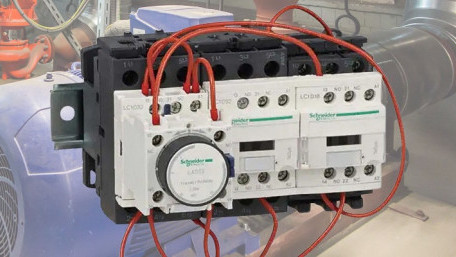
Digital controls like VFDs and soft starts have advantages by elongating start time, but simple strategies for starting…
Digital controls like VFDs and soft starts have advantages by elongating start time, but simple strategies for starting motors with a reduced current draw, like star-delta (or wye-delta) are common.
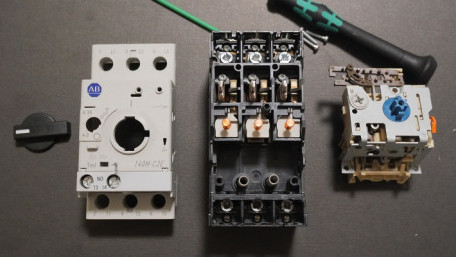
We depend on circuit breakers all the time, even when you have a day off or work from home. These overcurrent protection…
We depend on circuit breakers all the time, even when you have a day off or work from home. These overcurrent protection devices keep machines running safely, reducing the risk of fires and arcing.
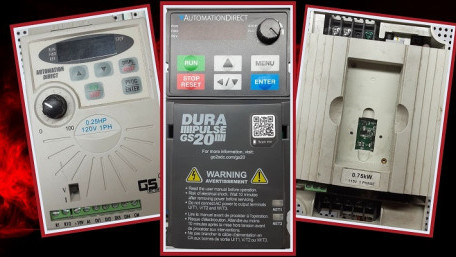
When we need to change the speed of an industrial motor, whether to control a process or save energy costs, we turn to…
When we need to change the speed of an industrial motor, whether to control a process or save energy costs, we turn to the variable frequency drive, better known simply as a VFD.
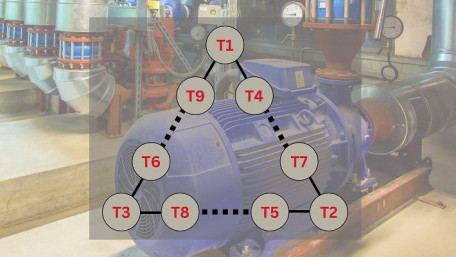
There are two types of winding designs inside three-phase industrial motors: Wye and Delta. Although the motors and…
There are two types of winding designs inside three-phase industrial motors: Wye and Delta. Although the motors and connections look similar on the outside, this article discusses the internal construction for Delta wound motors.
